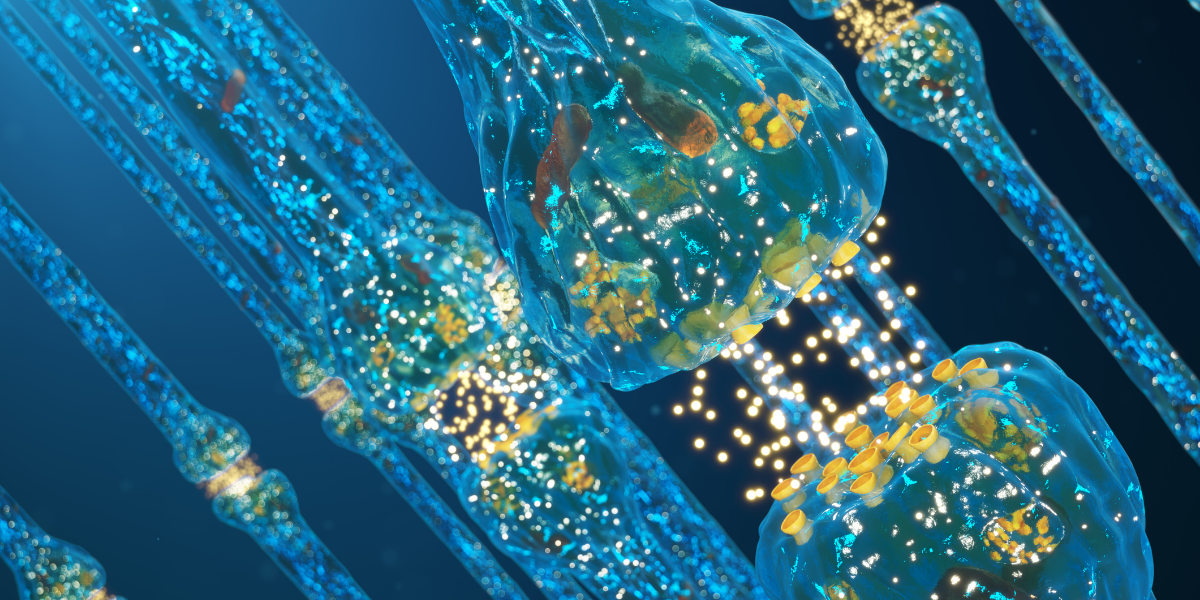Is Transcranial Magnetic Stimulation (TMS) Therapy Permanent?
September 12, 2022
Transcranial magnetic stimulation is proven as an effective treatment for the symptoms of certain mental and behavioral conditions, like depression and obsessive-compulsive disorder. TMS helps relieve symptoms even when traditional treatments like medication are not enough (referred to as treatment resistance). While no depression treatment is considered permanent, studies show…









